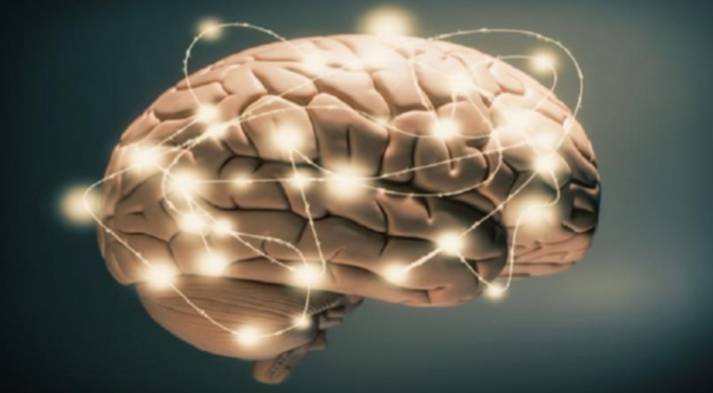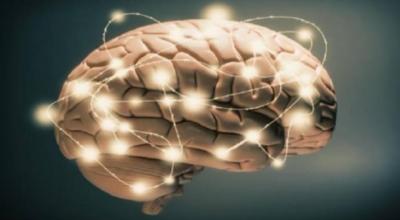Russian neurologist Dr. Olga Benchuk announced that memory issues may indicate depression or a brain tumor. She emphasizes that memory problems can point to several diseases, including thyroid disorders, arteriosclerosis, anemia, diabetes, brain tumors, among others. According to her, many people complain of memory weakness, resulting in decreased work productivity and strained relationships. This is not only noticeable in the elderly but also in middle-aged individuals and younger people.
She states: "Patients complain about their inability to remember new information, decreased concentration and attention, and increased time taken to perform necessary cognitive tasks. They forget the names of celebrities and why they went into another room where they placed the item they need." She adds: "These complaints are sometimes accompanied by a sense of heaviness or emptiness in the head, anxiety, and a lack of confidence in their personal abilities. Neuropsychological examination results do not confirm true memory impairment."
She explains: "This condition is referred to as 'self-reported memory impairments,' which can be part of anxiety or depression syndrome. If not treated timely, it may develop into objective cognitive disorders." According to her, patients’ complaints about memory weakness are often "masked." For example, they might complain of "brain fog" and "heaviness in the head," while memory problems could be the first symptom of various conditions, such as thyroid issues, arteriosclerosis, high blood pressure, brain disease, disturbed blood flow to the brain, anemia, obstructive sleep apnea, obesity, diabetes, estrogen deficiency in women (for instance, after ovary removal), metabolic disorders, depression, brain tumors, blood diseases, previous infections, and COVID-19.
Other risk factors include smoking, alcohol consumption, head injuries, and deficiencies in vitamins B12 and D, along with the use of certain medications. She notes: "Studies have shown that smoking is undoubtedly a factor that causes memory weakness and increases the risk of Alzheimer’s disease, although the likelihood of a smoker living to old age is very low. Overall, the condition can improve when consulting a doctor in a timely manner."




